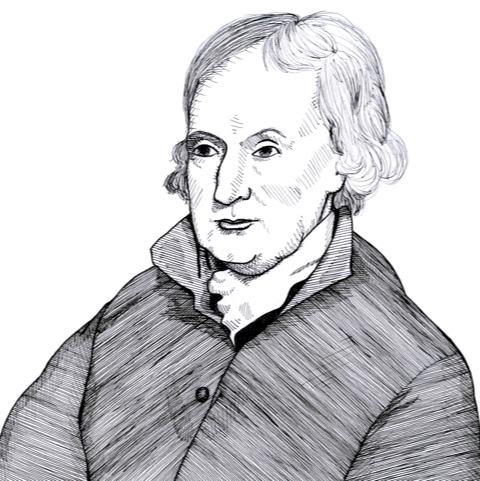
Adam Ferguson observed that social structures of all kinds were “the result of human action, but not the execution of any human design” (1782)
Found in: An Essay on the History of Civil Society
Friedrich Hayek was most taken by an observation Adam Ferguson made in this work that social structures of all kinds were “the result of human action, but not the execution of any human design”. This led him to develop his notion of “spontaneous order”.
Economics
Every step and every movement of the multitude, even in what are termed enlightened ages, are made with equal blindness to the future; and nations stumble upon establishments, which are indeed the result of human action, but not the execution of any human design.